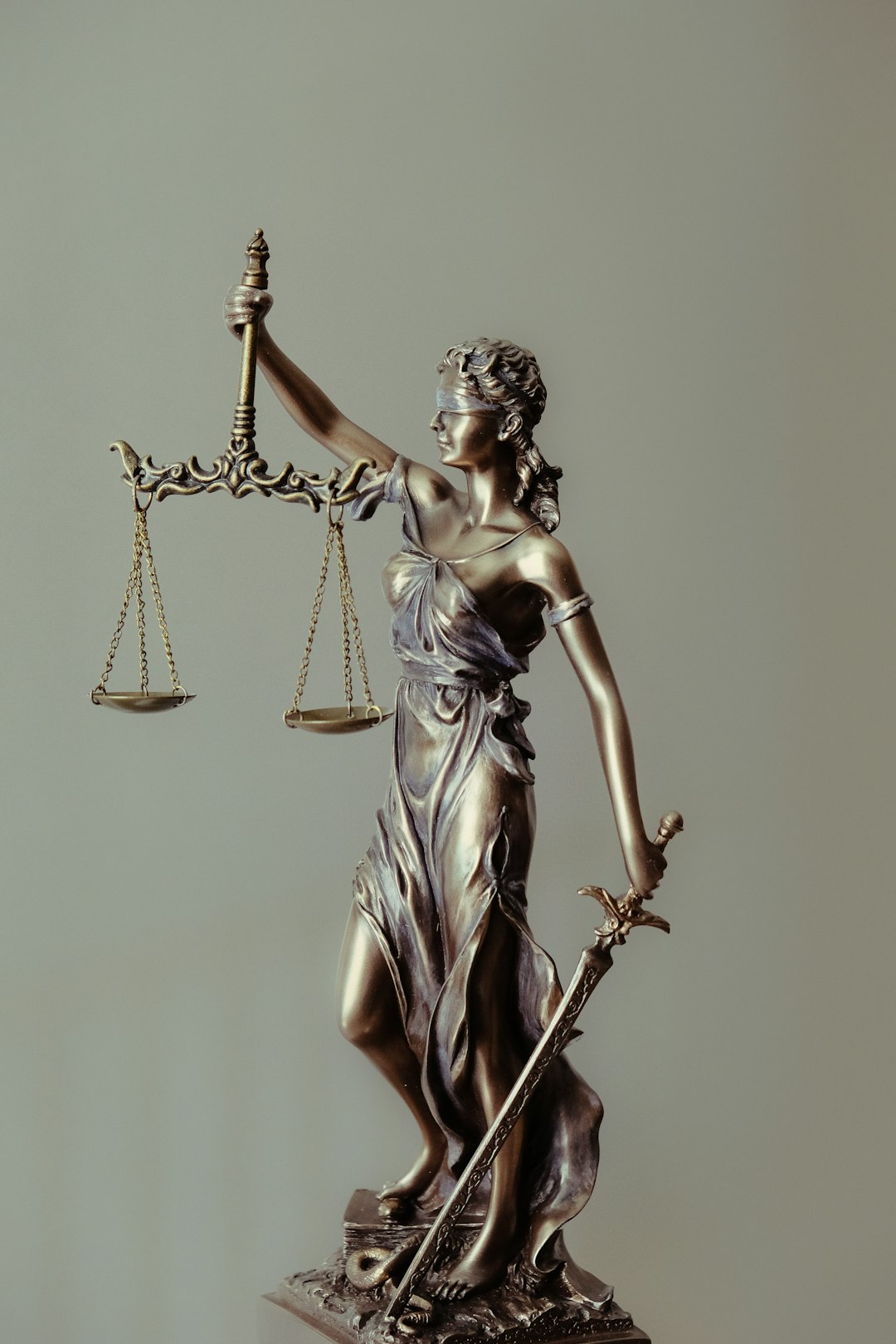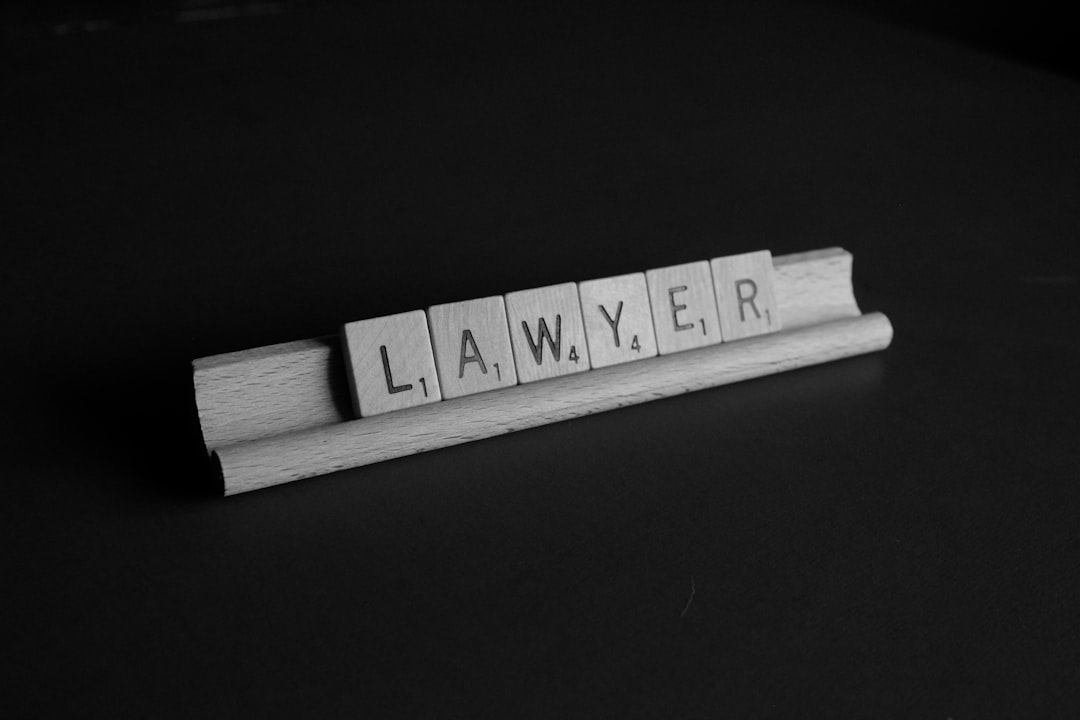South Carolina's Do Not Call laws protect seniors in Hilton Head Island from relentless telemarketing calls, offering peace of mind and privacy through registration on the National Do Not Call Registry. Do Not Call lawyers assist residents in blocking unwanted sales calls, educating them about rights and legal options against scammers and persistent callers.
“In today’s digital age, unwanted phone calls can be a persistent nuisance, especially for seniors. The ‘Do Not Call’ laws in South Carolina play a pivotal role in protecting Hilton Head Island residents, particularly the elderly, from relentless telemarketing. This article delves into the significance of these laws and how they empower seniors to regain control over their communication. We explore the rights afforded to local citizens and uncover the crucial support offered by specialized Do Not Call lawyers in South Carolina, ensuring peace of mind for Hilton Head Island’s senior population.”
Protecting Seniors from Unwanted Calls: A South Carolina Focus

In South Carolina, including Hilton Head Island, seniors often face a unique challenge in the form of relentless unwanted calls, which can be particularly disturbing and intrusive. To combat this issue, state laws have implemented the Do Not Call list, providing a crucial safeguard for residents, especially the elderly population. This initiative allows seniors to register their phone numbers, blocking most telemarketing and sales calls from reaching their lines.
The benefits are manifold; it offers peace of mind by reducing the frequency of annoying and often deceptive calls, protecting privacy, and conserving time. With a simple registration process, Do Not Call laws empower South Carolina residents, especially seniors, to take control of their communication preferences, ensuring they receive only desired calls while keeping scammers and persistent telemarketers at bay. The presence of such legislation highlights the state’s commitment to safeguarding its citizens’ rights in the digital age.
Understanding Do Not Call Laws: Rights for Hilton Head Island Residents

In the vibrant community of Hilton Head Island, seniors enjoy a relaxed lifestyle, but they also face unique challenges, including unwanted telemarketing calls. Understanding Do Not Call laws is crucial for residents looking to protect their peace and privacy. South Carolina’s Do Not Call laws provide citizens with the right to stop most unsolicited sales calls. These laws are designed to empower individuals, especially seniors, to control their phone interactions.
If you’re a Hilton Head Island resident on the Do Not Call list, it means telemarketers are prohibited from calling you for commercial purposes. This law offers much-needed relief from persistent callers, ensuring residents can enjoy their downtime without constant interruptions. For those concerned about missing important calls, specific exceptions apply, allowing emergency notifications and messages from known contacts to bypass the restrictions. Do Not Call lawyers in South Carolina play a vital role in helping residents understand and exercise these rights, ensuring a quieter, more peaceful environment for all.
How Do Not Call Lawyers Assist Senior Citizens in SC

Do Not Call Lawyers in South Carolina play a vital role in protecting senior citizens from unwanted telemarketing calls. With the increasing number of scams and fraudulent activities targeting the elderly, these specialized legal professionals offer much-needed assistance. They help seniors understand their rights under the Do Not Call laws, ensuring their privacy and peace of mind. By registering on the National Do Not Call Registry, Do Not Call Lawyers guide them through the process, blocking unwanted calls from telemarketers and debt collectors.
These lawyers also educate seniors about their options when dealing with persistent or abusive callers. They provide legal counsel, helping seniors navigate their rights and take appropriate action against violators. This support is crucial in empowering Hilton Head Island’s senior citizens to stand up for themselves and protect themselves from potential financial or emotional harm.






